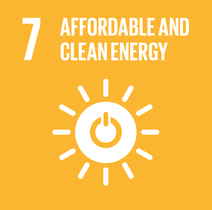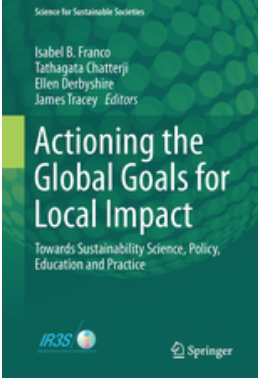Sustainable Use of Energy and Water Resources in the Mining sector: A Comparative Case Study of Open-pit and Alluvial Mining TechnologyParticipant Stakeholders: eWisely; United Nations University - Institute for the Advanced Study of Sustainability; Business School, The University of Queensland
Sustainability Leaders: Dr. Isabel B. Franco; E. Derbyshire (Australia) Impact: The world has experienced a rapid demand of energy sources, both fossil fuels and renewables. Nevertheless, this scenario has given rise to complexities in resource regions, compromising how women cope with the impacts of unsustainable use of energy sources. Women adjacent to energy resource commonly experience a loss of assets. A situation that compromises overall sustainability. Comparing two case studies, Japan and Colombia, the research presented in this chapter argues that key stakeholders in the energy sector, both renewables and fossil fuels, need to further engage in the enhancement of women’s assets and capacities towards the achievement of the Sustainable Development Goal 7, Affordable and Clean Energy. Building the capacity of exceptional women in sustainability can foster overall sustainable development in both cases and contribute to the achievement of SDG 7 and the Agenda 2030. Based on a qualitative methodology, this study also presents a capacity-building approach towards the achievement of SDG 7 in alignment with the other Sustainable Development Goals (SDGs). |
Click on the image to access project's outcome
|
Copyright Dr. Isabel B. Franco © 2023


